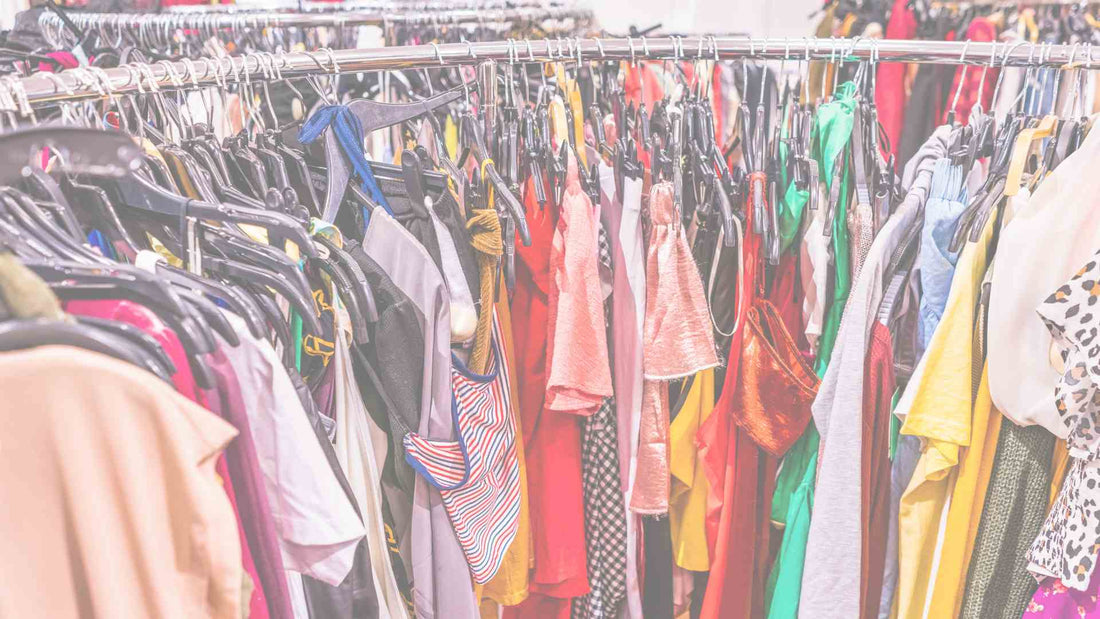
Can Cheap Clothes Be Ethical?
Share
When it comes to cheap clothing, the price tag on the garment often fails to reveal the true cost of its production. Beneath those tempting discounts lie the dark realities of exploitative labor practices and environmental harm. Let's delve into the hidden side of cheap clothes and understand the broader implications.
The Exploitative Labor Behind Cheap Fashion
Cheap clothes are often associated with fast fashion, a business model built on maximizing profits through rapid production and low labor costs. Unfortunately, this approach can lead to exploitative labor practices in various ways:
Low Wages: Fast fashion companies may outsource production to countries with lax labor laws, leading to low wages and poor working conditions for garment workers.Unsafe Factories: In the pursuit of fast and cheap production, safety measures in factories can be compromised, putting workers at risk.
Long Hours: Garment workers are often subjected to long working hours, sometimes in hazardous environments, to meet tight production deadlines.
The Environmental Toll of Cheap Fashion
Beyond labor exploitation, cheap fashion also takes a severe toll on the environment:
Resource Depletion: Fast fashion's demand for cheap and abundant materials leads to overconsumption of resources like water, energy, and raw materials.Pollution: The production of cheap clothing involves the use of harmful chemicals and dyes, which can pollute water sources and harm ecosystems.
Textile Waste: The fast fashion cycle promotes frequent purchases and quick disposals, contributing to a staggering amount of textile waste that litters landfills.
Choosing Ethical Alternatives
As consumers, we have the power to drive change in the fashion industry by making more conscious choices:
Support Ethical Brands: Look for fashion brands that prioritize fair labor practices, transparency, and sustainability in their supply chain.Embrace Slow Fashion: Shift away from the fast fashion mentality and invest in timeless, durable pieces that are responsibly made.
Shop Secondhand: Buying secondhand clothing not only reduces waste but also supports a circular economy.
The Fision: A Commitment to Ethical Practices
At The Fision, we take pride in our commitment to ethical and sustainable practices. We believe that fashion should not come at the cost of human rights or the environment. Our products are made with eco-friendly materials, and we prioritize fair labor practices throughout our supply chain.
By choosing ethical brands like The Fision, you are advocating for a fashion industry that respects both workers' rights and the planet. Together, we can demand change, and through our collective actions, we can redefine the fashion landscape for a brighter and more sustainable future.
Invest in Your Values - Choose Ethical Fashion. Check out our ethical t's here
